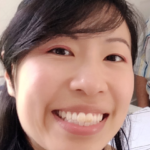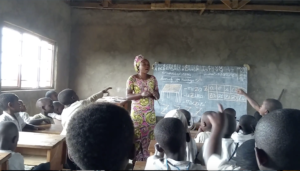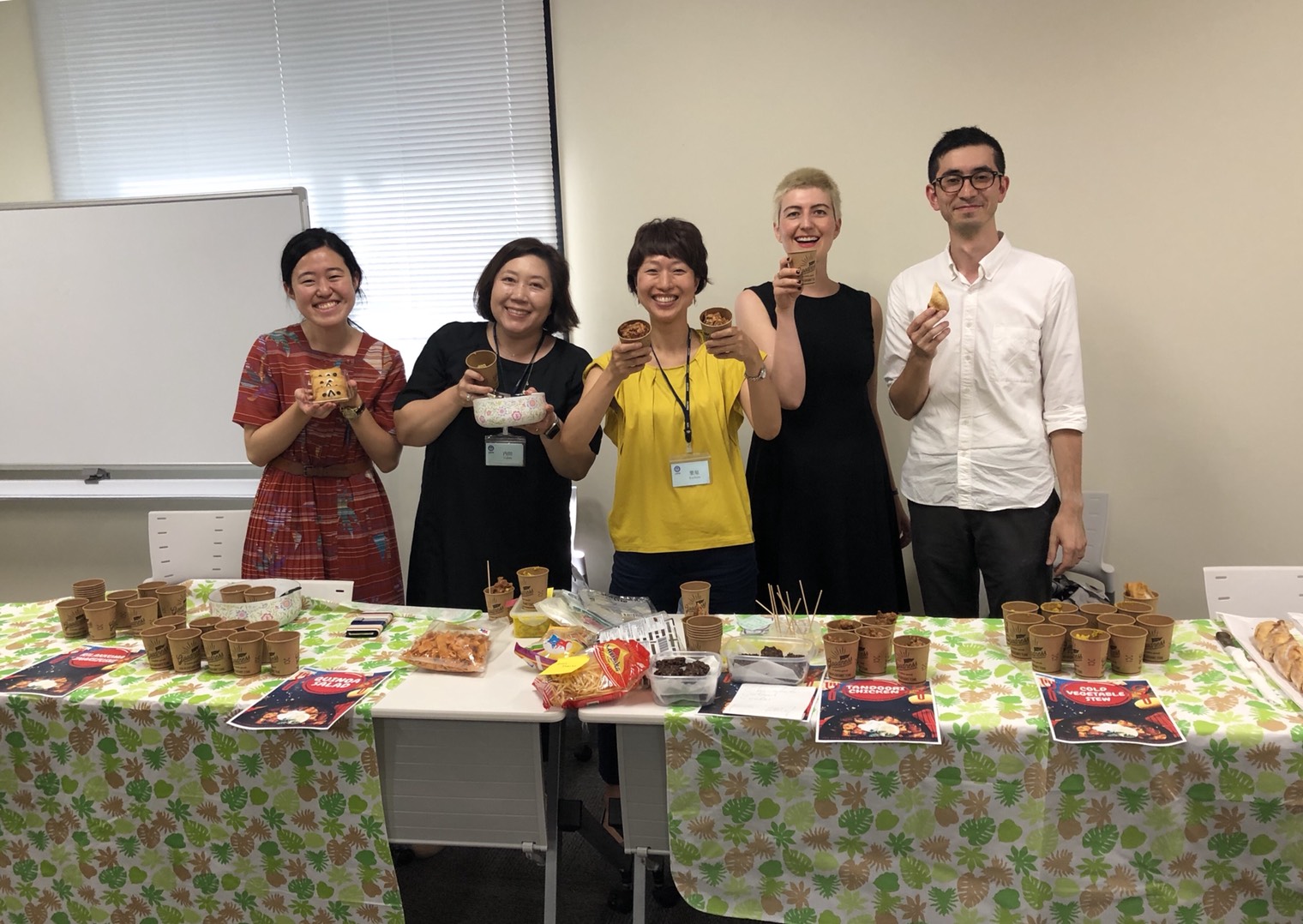 Community Activist in Progress
Community Activist in Progress
by Eunice Tan.
I never thought that teaching would lead me to becoming a community activist. My goal when I first started out teaching, was, very simply, to be the best teacher in the school I worked at. Thankfully, I was shown a better way and I now approach teaching less as a competition and more as a collaborative effort. This paradigm shift was the beginning of the shaping of my teacher self into some sort of a “community activist.” In this post, I will share how enjoying collaboration led me to becoming a community activist and introduce you to the community that my team and I support.
Discovering the power of collaboration
I started out teaching in Singapore for the Ministry of Education, which trains its body of teachers very well and sets teachers’ development as one of its priorities. When I moved to Japan, I did not have similar learning opportunities and so charted my own, rather lonely, professional development journey through taking the CELTA course and studying for an MA in TESOL.
Then, very recently, there came a point in my career when I returned to a work environment that takes the professional development of its teachers seriously.
I had been working in solitude on developing my teacher self for so long that when given a community of like-minded individuals (my current department!) to develop and grow with, I was struck by how much more fun and more satisfying it is to accomplish something with others. Nowadays, things always turn out differently and just better whenever I build up the courage to ask for and accept help from people around me.
Realising the need to give back beyond the classroom
Having gone through many a professional development course/session, I have realised that professional development for teachers is effective up to a point. There is only so much I am able to apply to a lesson after expanding my repertoire of skills.
So how do you give back as an educator? In many of my colleagues as well as in the general teaching community (of course, bearing in mind not all teachers do what they do for the same reasons as me), I see that we seek out ways to facilitate learning in others who are not our students – through mentoring, leading and managing local educational circles, or simply listening to a fellow educator. I believe that, to keep on being an effective educator, teachers who have been blessed with a rich professional development experience have to give back, and not only in the sense of teaching a better lesson to our students. Sustainable teacher development entails opportunities for teachers themselves to give back to a wider community. That’s why I chose to financially support a teacher development programme.
Finding a community to support
While looking for ways to give back, I read an article about a Singaporean missionary who went to the Democratic Republic of the Congo a year after she graduated, despite a brilliant undergraduate performance and potential to succeed in academia. Here was a fellow Singaporean who had taken the road seldom travelled (not a crazy rich Asian!), and maybe I could do the same.
She now works for an organisation called Justice Rising, which sees teacher education as part of the solution to rebuilding communities suffering from conflict – and right there was the connection I was looking for! This was the wider community I could contribute to, who lack the very resources I have easy access to, and for whom having effective, committed teachers establishes a level of stability and peace many of us take for granted.
* * *
The Campaign

Credit: Justice Rising International
So, earlier this year I started a crowdfunding campaign entitled Teachers For Progress: Help Congolese Teachers Make Education Sustainable to fund a teacher training programme for Congolese school teachers. At the heart of this campaign is the drive for sustainability that results in a long-term solution for Congolese children. This solution comes from an education system that works and which cannot exist without the continual training and development of teachers – local educators with strong, organic ties to their communities, who stay despite conflict and violence breaking out in their villages. Justice Rising, that I mentioned earlier, takes a three-pronged approach to achieving its goals, the third of which is related to training and developing teachers to educate a new generation of Congolese children, many of whom have never known realities outside of teen marriages and child-soldiering. Most of the teachers themselves have experienced social and political instability for the majority of their lives since conflict in the Congo has been going on for 20 or more years.
This is the community we are campaigning for – Congolese teachers who have learnt to teach in unstable environments and yet who are bent on improving as educators so that they can lead their communities out of a vicious cycle.

As I started, I approached this campaign as an individual hoping to get help from others here and there; I had thought this cause was just that – mine, and mine alone. What happened next was unexpected, though. Through the fundraising activities, I began to see that my colleagues, friends, and family had in different degrees taken on this cause. Many of them are now part of the campaign community, expressing interest in the Congolese teachers’ professional development needs as well as raising funds for Teachers For Progress in their own ways. They have made me a community activist. From each of their areas of expertise and experience, they offer help, encouragement, and valuable ideas; from their understanding of who I am and what I do, they inspire me to continue being a community activist.

The campaign activities that Teachers For Progress carries out are simple, ranging from Dessert and Food Sales to Crochet Craft sales and donations from friends and family. We are also planning to share more about this Congolese teacher development programme at conferences or through blog posts like this, hopefully providing opportunities for other educators to join us in supporting them. If you have any ideas on how we can better run our campaign, we will be happy to hear your ideas!
How You Can Help
As with many non-profit organisations, it is monetary funds that are needed to sustain the teacher training programme, to pay for the 80+ teachers’ trips from their villages to the training site, for their food, board, and learning materials. The programme costs USD$20,000 to run, but if you break it down simply, USD$44 will cover one day of the annual week-long training programme for one teacher (if you are keen to support our efforts, you can go to our website or join our Facebook page to find out more). Upcoming fundraising events include a pub quiz and a progressive dinner walk in late autumn, in western Tokyo – anyone is welcome to these events (please leave comments if you’re interested). If you do not live in Tokyo, but would like to join us in supporting our fellow Congolese teachers, please share your crowdfunding experiences or crowdfunding activity ideas in the comments to this post!

Very nice work! Congrats!
Great stuff, Eunice. That you for sharing your story and your journey. All the best to you and Teachers For Progress and the students whose lives you will touch.